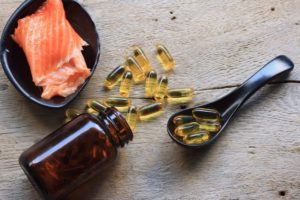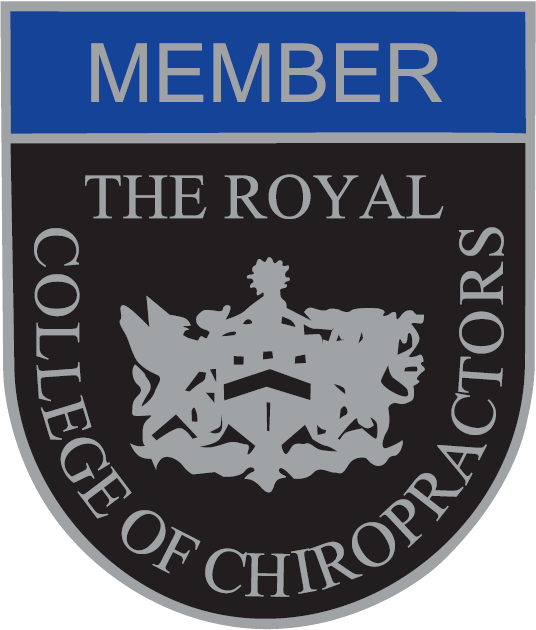 The cold season is here with us. You need to take good care of your family and own body. This may call for altering your diet to meet the body’s needs in relation to the weather. Apart from taking nutritious foods, it is important to take lots of essential vitamins. Vitamins serve various roles in the body, from boosting your immunity to preventing dryness and dullness on your hair and skin. Some of them also help deal with mood swings. Here are some of the essential vitamins for the winter season and their benefits.
The cold season is here with us. You need to take good care of your family and own body. This may call for altering your diet to meet the body’s needs in relation to the weather. Apart from taking nutritious foods, it is important to take lots of essential vitamins. Vitamins serve various roles in the body, from boosting your immunity to preventing dryness and dullness on your hair and skin. Some of them also help deal with mood swings. Here are some of the essential vitamins for the winter season and their benefits.
Vitamin A
Vitamin A is essential for the healthy teeth, bones and soft tissues. It also acts as an antioxidant that deals with free radicals in the body. The vitamin also helps your body’s immunity by supporting your natural defenses. Foods that are rich in Vitamin A include sweet potatoes, apricots, carrots and spinach. The body requires a robust immune system to help beat the flu and other opportunistic diseases that come with the cold.
Vitamin C
Vitamin C is a natural immunity booster present in several fruits and vegetables that include citrus fruits such as lemons and oranges. It is also present in such vegetables as beetroots and green leafy veggies. Vitamin C can help deal with several conditions, especially the common cold. You can take it by eating fruit or by drinking some water with Vitamin C tablets.
Vitamin D
The body synthesizes Vitamin D from the sunshine. However, during the winter season, this vitamin may get depleted in the body due to lack of sunshine. Vitamin D sources include egg yolks, dairy, soy milk, fatty fish, salmon, and orange juice. This vitamin helps strengthen the bones and teeth to prevent injuries and bone ailments.
Vitamin E
Vitamin E is a fat-soluble ingredient that has anti-inflammatory properties. It helps with cell function, skin health and the immune system. It is also a powerful antioxidant, which helps reduce the effects of free radicals generated from the environment and food metabolism. On the skin, it helps prevent the UV rays damage and keep the skin moisturized. The vitamin also helps cope with the dullness and dryness that comes with cold weather. Some of the sources for vitamin E include vegetable oil, green leafy vegetables such as broccoli and spinach, seafood such as salmon and abalone, and several commercially processed foodstuffs.
Vitamin B
SAD (Seasonal Affective Disorder) affects about 10% of residents during the winter season. The condition has symptoms such as low energy and moods, depression and dullness. Vitamin B complex converts proteins in your diet into neurotransmitters such as dopamine and serotonin to improve your mood and improve your energy levels. Some vitamin B such as B6, B12 and B9 (folic acid) helps improve your mental health and deal with depression. Some of the sources of Vitamin B include organic meats and beef, tuna, whole grains, bananas, beans and lentils, nutritional and brewer’s yeast. You may get all Vitamin B from plants, except for B12.










